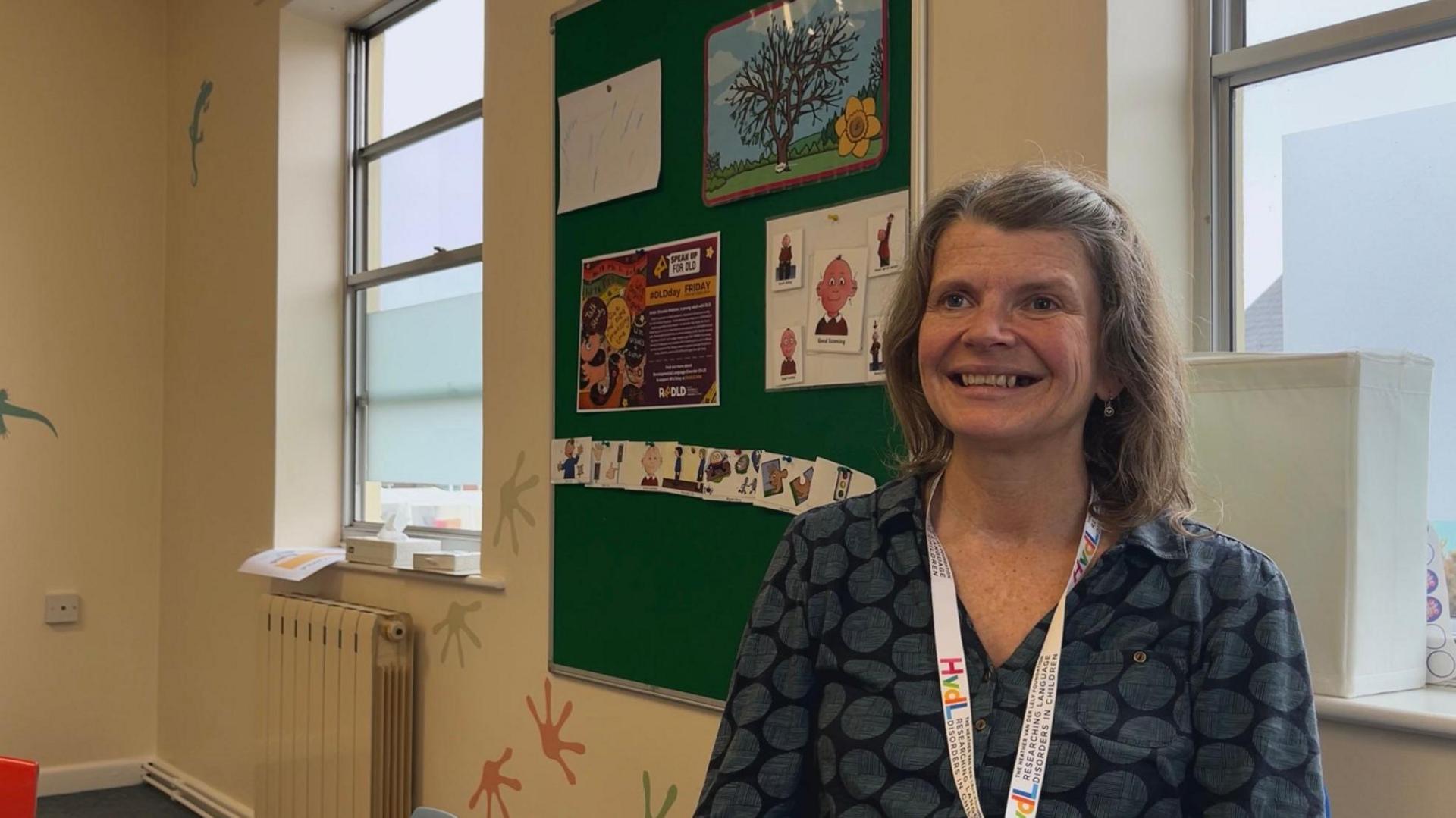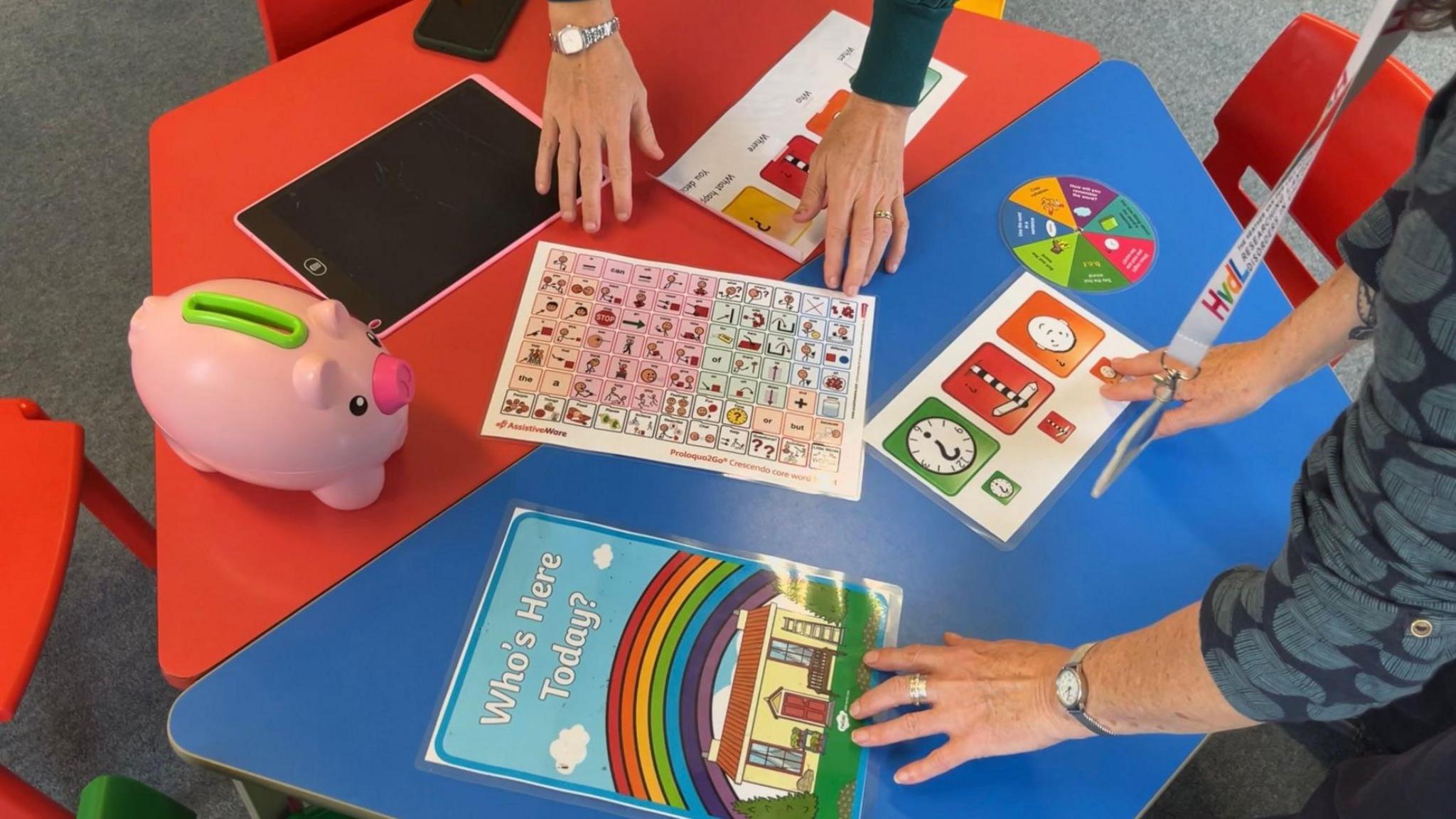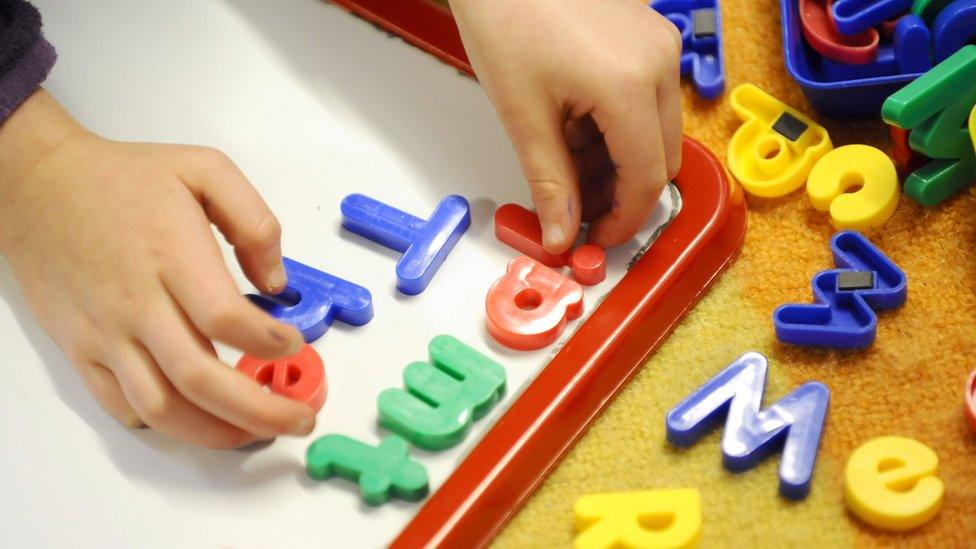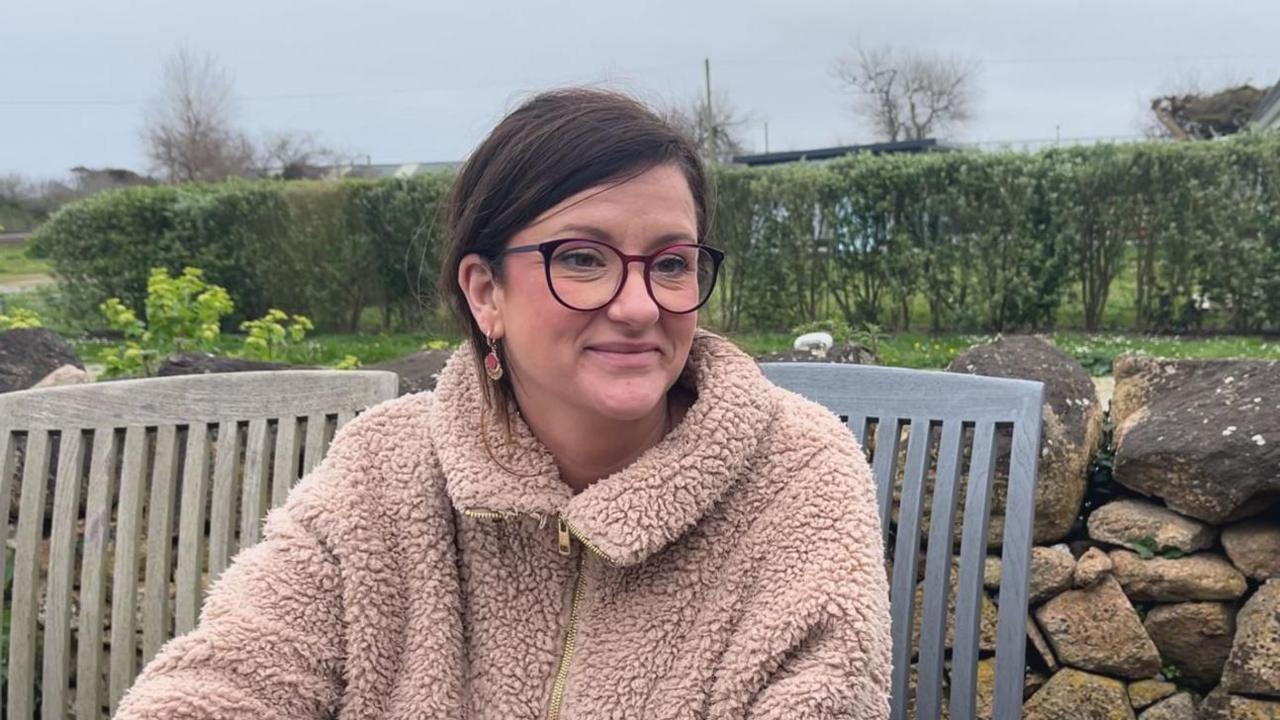Increasing demand for speech and language therapy

Senior therapist Jo Lamb said she had seen a steady influx of referrals
- Published
Speech and language therapists in Guernsey are seeing an increased demand for their services and are looking to recruit more staff.
The number of cases being looked after by the island's speech and language service has increased from 313 in the 2020-21 academic year to 433 in 2023-24.
Jo Lamb, senior speech and language therapist, said the department was looking to recruit more staff to meet the island's needs.
She said the children referred to the service and their UK counterparts have more complex needs and more significant language difficulties than in the past.
'Very common need'
Ms Lamb said: "We cannot say specifically why it's happening, but I wonder if we are just getting better at recognising children with these difficulties.
"I just think speech and language communication support is a very common need among children and young people."
She said there was still a "steady influx" of referrals from schools, but many have put in early intervention measures - like using more visuals aids and adapting language to support all children in the classroom.
Ms Lamb said: "There are longer waiting lists but the children will get the help that they need."

Speech and language therapists focus on self-advocacy and confidence
While there has been some research in the UK linking the Covid-19 pandemic with an increase in children's speech and language needs, Ms Lamb said: "There is no absolute direct link there."
However, she said there was some research to suggest Long Covid can impact cognitive function in adults.
Disorders like Developmental Language Disorder (DLD) cannot be acquired as children are born with them.
People with DLD have a difficulty understanding what people say and expressing themselves.
The condition impacts on average two children in every primary school class.
Ms Lamb said it was "one of the most common learning disabilities nobody has heard of".
- Published14 September 2023

- Published26 March 2024
